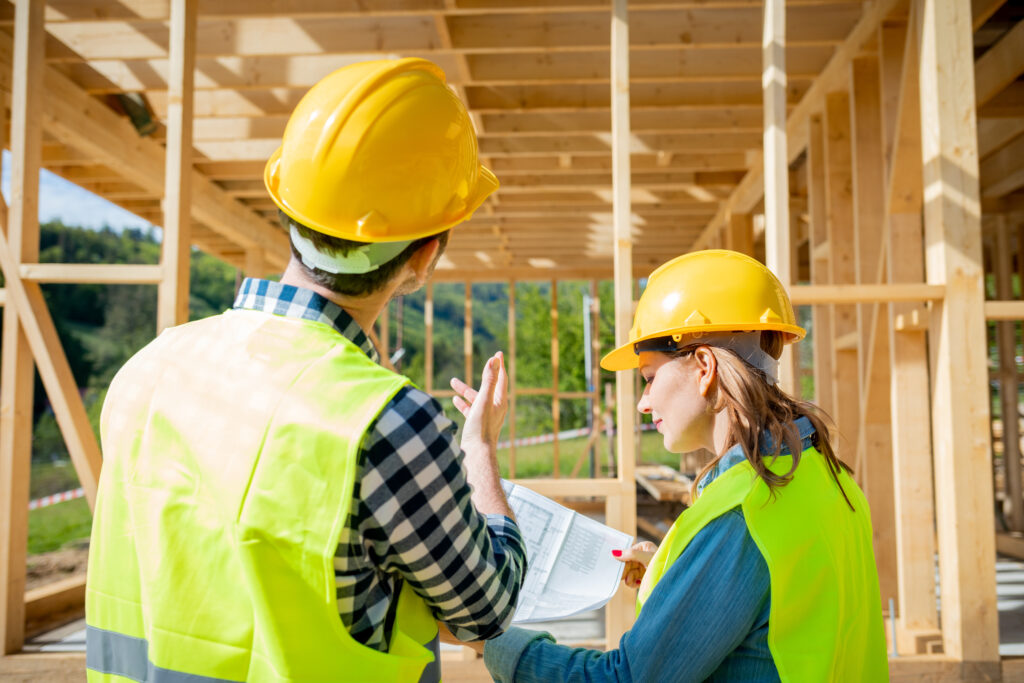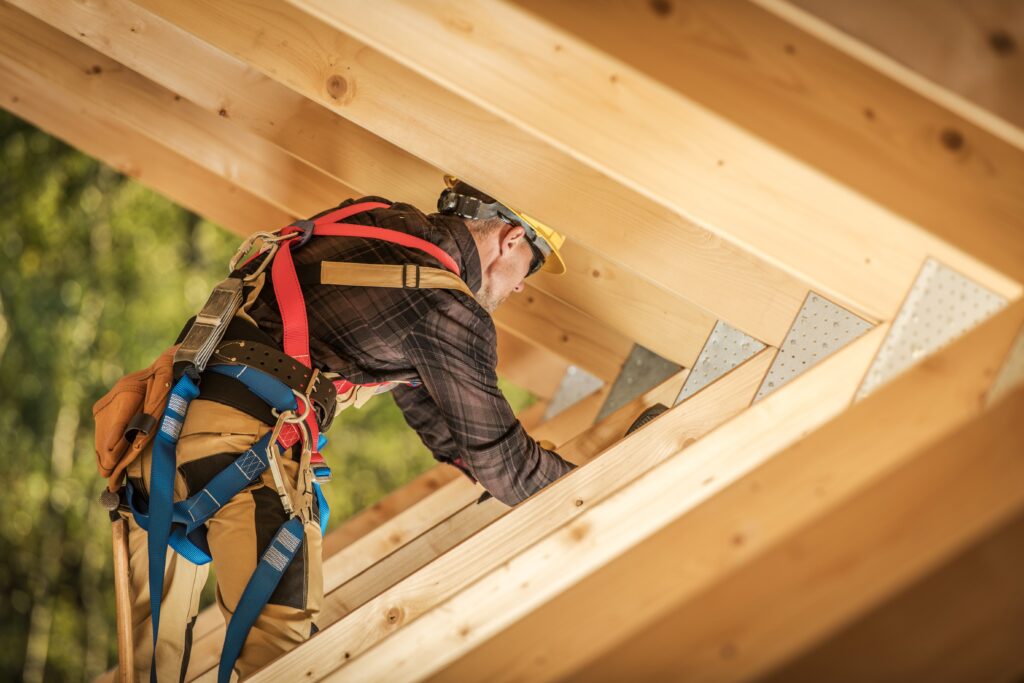Before You Buy
Buying a new home is a life-changing decision. While exciting, it can also feel overwhelming, as it is one of the biggest purchases you will make. Having the right information can ease concerns and simplify the process. Below are key points to consider before you sign on the dotted line.
Confirm the Builder is Licensed
In Ontario, all new home builders and sellers must be licensed by the Home Construction Regulatory Authority (HCRA). Constructing or selling a new home without a licence is against the law and working with unlicensed builders may jeopardize your investment.
Licensing demonstrates that the builder you choose has met competency standards and is committed to ethical practices, such as honesty and integrity.
Before choosing a builder, gather as much information as possible. Research is crucial in understanding their services and expectations for the final product. Confirm the builder is licensed through the HCRA’s Ontario Builder Directory, a one-stop shop for details on licensed builders, including the number of homes they have built, years in operation, and any court charges or convictions against the builder. This helps you choose a licensed builder you can trust. Licensed builders must also follow to the HCRA’s Code of Conduct, which outlines specific principles for the conduct of Ontario home builders.

Verifying your builder is licensed is the first step in finding a reputable builder. If the builder is unlicensed or you have concerns about their professionalism or conduct history, it is wise to reconsider. This is a significant investment, so work with a builder who inspires confidence and trust.
Review the Purchase Agreement
Once you are ready to buy and have chosen a builder, the next step is reviewing and signing the Agreement of Purchase and Sale (APS). The APS outlines your rights as a homebuyer, the builder’s rights, and specific information about the home and project. Since the terms and conditions can be complex, it is highly recommended that an experienced real estate lawyer review the APS before you sign.
Be sure to carefully examine the addendum attached to the APS as well. It covers key clauses on potential construction delays, tentative occupancy dates, early termination conditions, and more. Understanding these details upfront helps set realistic expectations during the building process.
Deposits: As part of the purchase agreement, you will need to provide a deposit to secure your new home. This demonstrates your financial ability to make the purchase and shows you are comfortable taking on some level of risk until the deal closes.
Ontario’s new home warranty and protection plan, administered by Tarion, includes deposit protection. This coverage protects you if your builder goes bankrupt or fundamentally breaches the purchase agreement, preventing the completion of your purchase. Learn how deposit protection works for new homes.
Buying Resale? Confirm Your Warranty Coverage
Most newly built homes in Ontario come with a warranty lasting up to seven years. This coverage is provided by your builder and backed by Tarion, which is responsible for ensuring homebuyers receive the warranty coverage they are entitled to.
It is important to note that the warranty stays with the home, not the owner. If you are considering a resale home that’s less than seven years old, check the Ontario Builder Directory to determine what warranty coverage remains. This step helps you know exactly what protections are in place, avoiding any surprises after you have made your purchase. Warranty protection is valid for seven years from the original possession date, no matter who owns the home.
Pre-Construction Condominiums
Pre-construction condominiums come with unique considerations. Once again, it is important to confirm your builder is licensed on the Builder Directory and have your purchase agreement reviewed by a lawyer. However, it is crucial to understand additional factors such as condominium fees, occupancy dates, and potential delays or cancellations. As a condominium buyer, you have an initial 10-day period to cancel your purchase under the Condominium Act, 1988. If you decide not to proceed, you can terminate your agreement within that period and receive your deposit back.

For all new condominiums, the builder must provide a Condominium Information Sheet along with your purchase agreement. This sheet outlines termination conditions and other potential risks, emphasizing the importance of having your agreement reviewed by a lawyer experienced in condominium transactions. Warranty coverage through Tarion also applies, so be sure to understand what is covered and how to report any deficiencies after you take possession.
The Condominium Authority of Ontario (CAO) oversees the governance of condominiums in Ontario, ensuring compliance with the Condominium Act and supporting condominium owners and boards.
For more information, visit condoauthorityontario.ca.